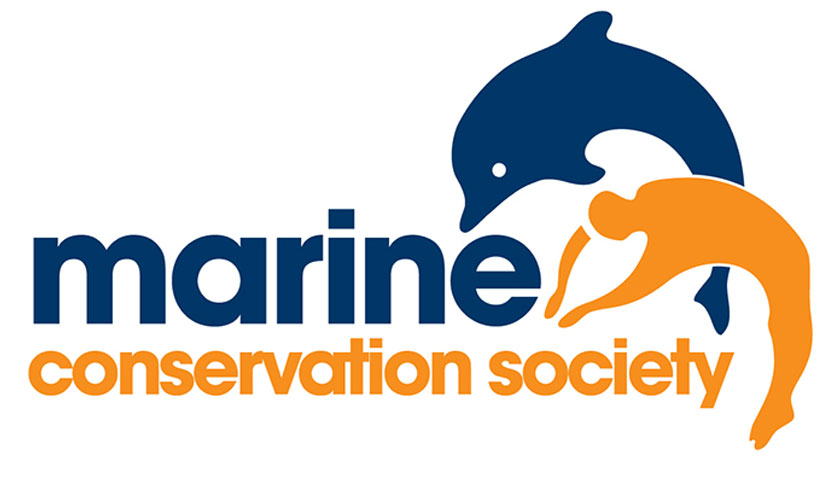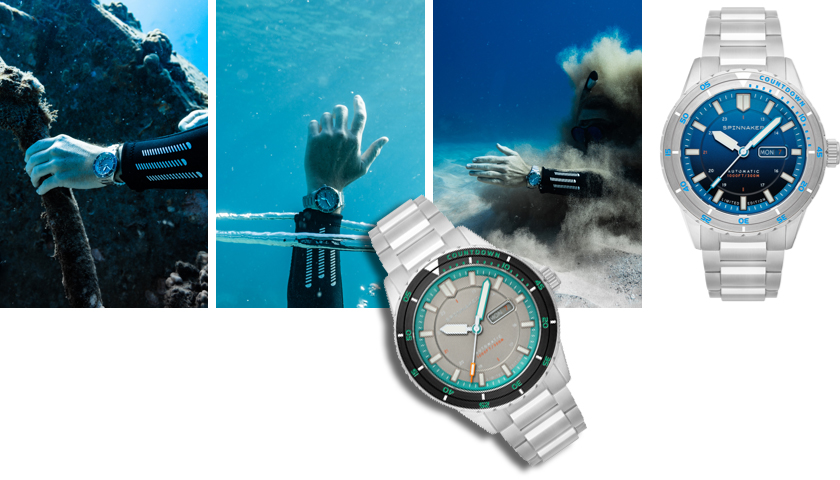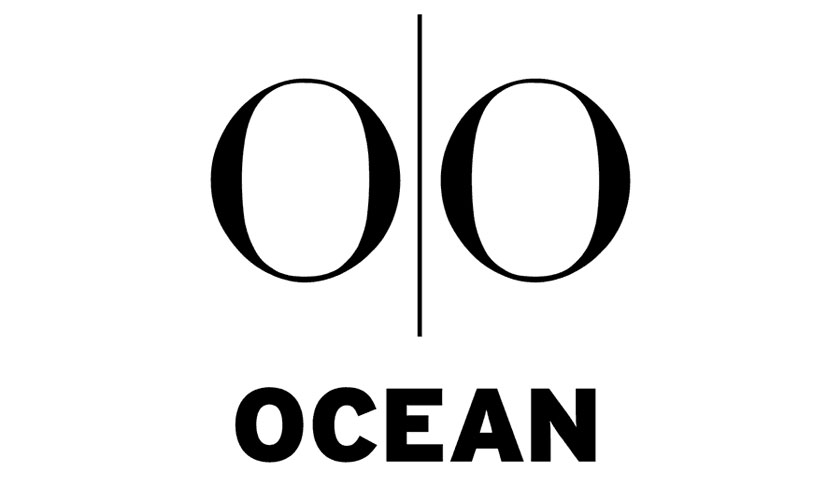Over half of holiday makers (53%) will throw away their inflatable this year according to a new survey conducted on behalf of Thomas Cook. The online holiday company has joined forces with the Marine Conservation Society, the UK’s leading ocean charity, to urge millions of summer holidaymakers to consider the environment before buying plastic inflatables this year.
The new survey reveals that more than a third (37%) of holidaymakers buy inflatables for their trips in the UK and abroad. But fewer than half of those surveyed (47%) said that when they have bought an inflatable, they would re-use or recycle the inflatable after the holiday.
When asked about how conscious respondents are about their impact on the local environment on holiday, nearly half of those surveyed (45%) said there was little they felt they could do to address the problem – with 34% saying they would have recycled them if hotels had offered a recycling service.
At the same time the importance of the beach and sea cleanliness featured strongly in the survey, with 70% of respondents saying they found this to be important. One in five said they looked for holidays with Blue Flag Beaches nearby, and 49% of respondents would be disappointed if the sea or beach was unclean.
The Marine Conservation Society and Thomas Cook have launched the campaign, developed by McCann Birmingham, to encourage travellers to reduce, reuse or recycle their inflatables to significantly decrease this kind of plastic waste. Thomas Cook have also featured steps on their website to inform holidaymakers which hotels have recycling facilities.
Sandy Luk, Chief Executive of the Marine Conservation Society, said,“Plastic pollution is a major threat to our ocean, with severe consequences for marine wildlife and ecosystems. Ingesting plastics can result in severe suffering and starvation. But we can all doing something about it by making decisions to reduce, reuse and recycle to minimise waste.
“Inflatables, like all things made of plastic, break down into smaller pieces, and eventually become harmful plastics and microplastics. By simply cutting down the number of inflatables we buy, and making repairs where possible, we can considerably reduce the plastic waste coming from these kinds of items. ”
The hard-hitting campaign imagery includes a series of adverts featuring an orca, a dolphin and a turtle depicted as half deflated inflatables marooned on a beach. The images will be displayed in a nationwide billboard display across the summer beginning at London City Airport to remind holidaymakers of the environmental threat posed by inflatables and to encourage them to make more environmentally friendly choices.
Thomas Cook Chief Executive, Alan French, said: “Our results show just how popular plastic inflatables are on holiday and it’s never too late to do the right thing if you do buy one. We’re calling on hotels to ensure they have proper recycling and reuse facilities – we’d love to see inflatable “libraries” on offer at hotels across the UK and Europe for our customers to use.
“So if you’re heading off on holiday this summer consider digging out last year’s lilo – or better still make friends with your fellow guests and share theirs, it’s a great way for us all to do our bit for the environment and saves a few pennies along the way.”
The Marine Conservation Society is advocating for more initiatives to tackle plastic pollution, including a comprehensive deposit return schemes (DRS) across the UK for all drinks containers.
The charity has been at the forefront of a campaign to ban plastic in wet wipes and is engaging volunteers in year-round beach clean-ups, having collected volunteer beach litter surveys for 30 years. It will be holding its annual flagship litter survey event, the Great British Beach Clean, from Friday 20th – Sunday 29th September this year. Volunteers on these initiatives collect data to track litter sources which in turn helps the Marine Conservation Society to instigate legislative change.



